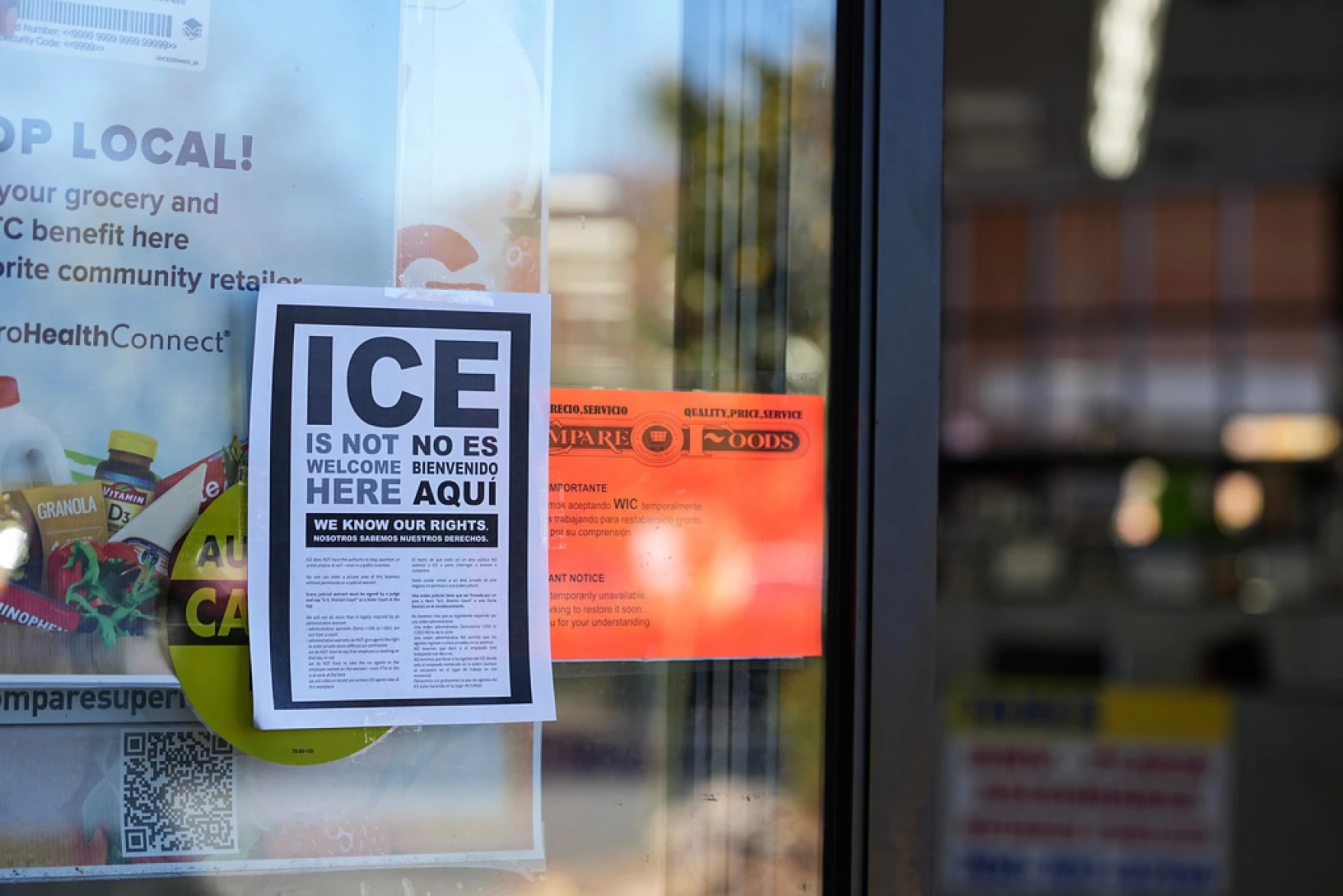By: Jordan Meadows
Staff Writer
Federal immigration authorities expanded their presence into Raleigh on Tuesday, intensifying an enforcement surge that began in Charlotte over the weekend and has already produced more than 130 arrests.
Raleigh Mayor Janet Cowell confirmed Monday that agents with Immigration and Customs Enforcement (ICE) and Customs and Border Protection (CBP) “are already in Raleigh” and will be active throughout the week.
City leaders were given little insight into the scope of the federal operation. Cowell said Raleigh Police were neither informed of operational plans nor asked to collaborate—echoing similar reports from Mecklenburg County Sheriff Garry McFadden, who said Charlotte authorities were also left in the dark during the weekend surge.
“As the capital city, it is important to us that everyone who lives, works, plays, and learns in Raleigh feels safe,” Cowell said in a statement. “While the Raleigh Police Department is not involved in immigration enforcement, we are committed to protecting our residents and following the law.” She emphasized that residents should still call 911 for assistance and that crime in Raleigh remains down year-over-year, urging the public to remain calm.
Gov. Josh Stein criticized the federal approach, urging agents to focus on violent offenders rather than residents simply “walking down the street, going to church, or putting up Christmas decorations.” He condemned what he described as profiling in Charlotte and warned against similar tactics in Raleigh.
Durham Mayor Leo Williams also denounced the strategy, saying, “We denounce any effort that promotes exclusion, incites fear, undermines human rights and compromises safety… Durham does not operate from fear.”
Local governments across the Triangle report that DHS and CBP have provided minimal information about arrest priorities, operational duration, or the number of agents involved. As of Tuesday, federal agencies had issued no public statements on their Raleigh plans.
Federal officials argue they are focusing on North Carolina because of “sanctuary policies” limiting cooperation between local law enforcement and ICE. Counties including Wake, Durham, Orange, and Mecklenburg elected sheriffs in 2018 who vowed to curtail certain ICE collaborations. Although state lawmakers later mandated ICE notification in some cases, federal officials continue to label several counties—especially Durham—as sanctuary jurisdictions, a designation local leaders dispute.
Observers note that North Carolina offers the administration a politically strategic backdrop: a closely divided state, Democratic-led urban counties, and less national pushback than in larger cities such as Chicago or Los Angeles. Republican advocates of the crackdown have pointed to isolated crimes, such as the killing of Iryna Zarutska in Charlotte, as justification.
Beyond Latino immigrant communities, the enforcement surge has also triggered widespread anxiety among South Asian residents in the Research Triangle Park region, many of whom work in high-tech industries and possess valid visas or green cards.
In Morrisville—where nearly half of the more than 30,000 residents are Asian—Mayor Pro Tempore Satish Garimella said the expected arrival of federal agents has created “a lot of panic.” Garimella, who immigrated from India and is now a U.S. citizen, warned that even lawfully present immigrants worry they may be questioned or mistakenly detained.
He is advising residents to carry IDs, passports, immigration documents, and proof of legal status at all times.
With federal agencies silent on their plans and local governments receiving sparse information, uncertainty continues to deepen throughout the Triangle. Immigrant advocacy group Siembra NC reports credible activity planned for Raleigh and Garner, and volunteers are tracking sightings via a statewide map.
Mayor Cowell urged unity and calm, saying, “This is a key moment to reaffirm our commitment to serving all members of our community… Together we are Raleigh Strong.”

